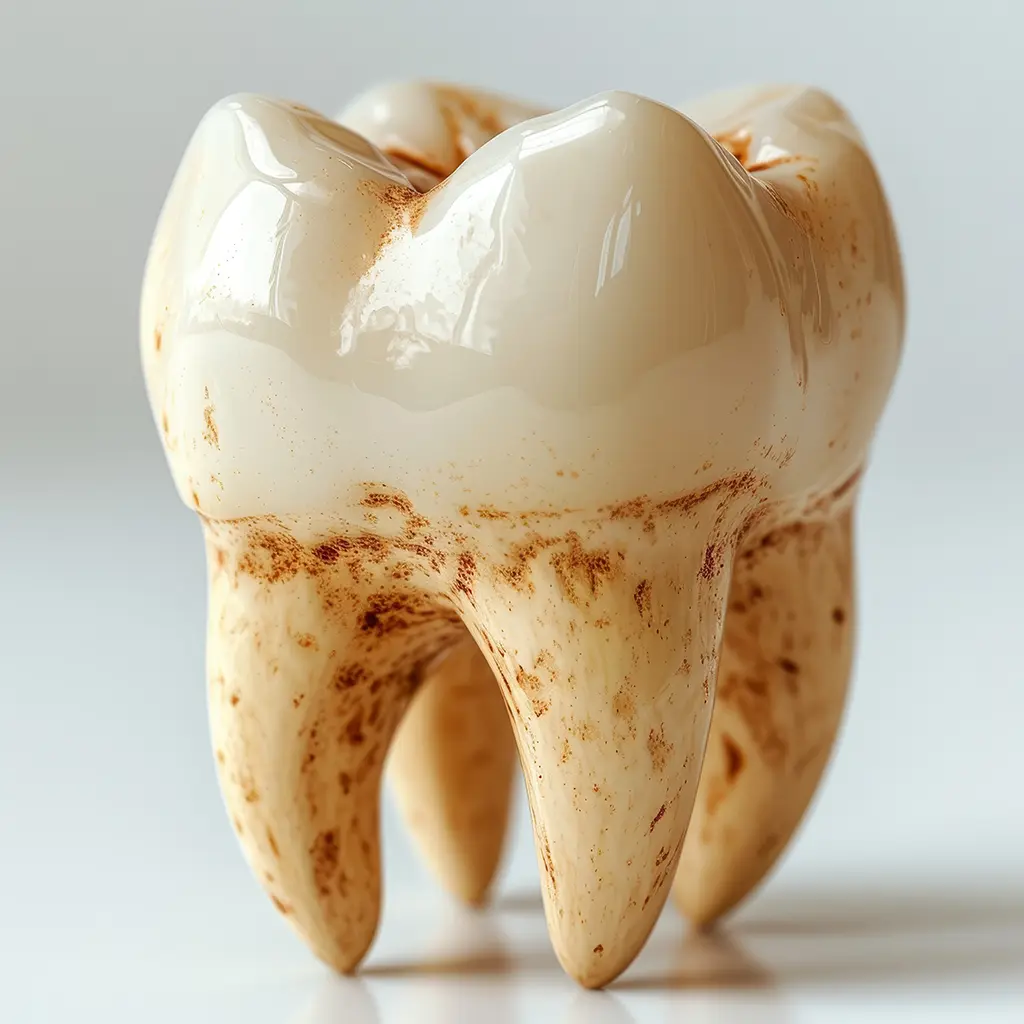
Maintaining good oral health is crucial for overall well-being. However, despite best efforts, many people experience common dental problems at some point in their lives. At Family Dental Group in Missoula, MT, we understand the importance of addressing these issues promptly and effectively. This comprehensive guide explores some of the most common dental problems, their causes, and how they can be treated or prevented.
1. Tooth Decay
Common Dental Problems: Causes and Symptoms
Tooth decay, also known as dental caries or cavities, is one of the most common dental problems. It occurs when plaque, a sticky film of bacteria, forms on the teeth and produces acids that erode the enamel. Factors contributing to tooth decay include poor oral hygiene, frequent consumption of sugary or acidic foods and drinks, and a lack of fluoride.
Common symptoms of tooth decay include:
- Toothache or pain
- Sensitivity to hot, cold, or sweet foods and beverages
- Visible holes or pits in the teeth
- Staining on the surface of the tooth
Treatment and Prevention
Treating tooth decay often involves removing the decayed portion of the tooth and filling the cavity with a dental material. In more severe cases, a crown or root canal may be necessary.
Preventing tooth decay involves:
- Brushing teeth twice daily with fluoride toothpaste
- Flossing daily to remove plaque between teeth
- Reducing the intake of sugary and acidic foods and drinks
- Regular dental check-ups and cleanings
- Using fluoride treatments or dental sealants
2. Gum Disease
Common Dental Problems: Causes and Symptoms
Gum disease, or periodontal disease, is a serious condition that affects the gums and the surrounding structures of the teeth. It begins as gingivitis, characterized by red, swollen gums that bleed easily. If left untreated, it can progress to periodontitis, leading to tooth loss.
Causes of gum disease include poor oral hygiene, smoking, hormonal changes, diabetes, and certain medications.
Symptoms of gum disease include:
- Swollen, red, or bleeding gums
- Persistent bad breath
- Receding gums
- Loose teeth
- Pus between the teeth and gums
Treatment and Prevention
Early stages of gum disease, such as gingivitis, can often be reversed with improved oral hygiene and professional dental cleanings. Advanced stages may require more intensive treatments such as scaling and root planing, antibiotic therapy, or surgery.
Preventing gum disease involves:
- Maintaining good oral hygiene practices
- Regular dental visits for professional cleanings and exams
- Quitting smoking
- Managing underlying health conditions like diabetes

3. Tooth Sensitivity
Common Dental Problems: Causes and Symptoms
Tooth sensitivity occurs when the underlying layer of the tooth, called dentin, becomes exposed. This can happen due to worn enamel, gum recession, or tooth damage. Sensitive teeth can cause discomfort when exposed to hot, cold, sweet, or acidic substances.
Symptoms of tooth sensitivity include:
- Sharp, sudden pain when consuming hot, cold, sweet, or acidic foods and drinks
- Discomfort when brushing or flossing
Treatment and Prevention
Treating tooth sensitivity may involve using desensitizing toothpaste, fluoride treatments, or dental bonding to cover exposed dentin. In more severe cases, a root canal may be necessary.
Preventing tooth sensitivity involves:
- Using a soft-bristled toothbrush
- Avoiding aggressive brushing
- Limiting acidic foods and drinks
- Treating any underlying dental issues promptly
4. Bad Breath
Common Dental Problems: Causes and Symptoms
Bad breath, or halitosis, can be embarrassing and is often caused by poor oral hygiene. Other causes include dry mouth, certain foods, tobacco use, and underlying medical conditions.
Symptoms of bad breath include:
- Persistent unpleasant odor from the mouth
- Bad taste in the mouth
Treatment and Prevention
Treating common dental problems such as, bad breath, typically involves improving oral hygiene by brushing and flossing regularly, cleaning the tongue, and using mouthwash. It is also essential to stay hydrated and avoid foods that can cause bad breath, such as garlic and onions.
Preventing bad breath involves:
- Practicing good oral hygiene
- Drinking plenty of water
- Avoiding tobacco products
- Regular dental check-ups

5. Tooth Erosion
Common Dental Problems: Causes and Symptoms
Tooth erosion is the loss of tooth enamel due to acid exposure. This can result from consuming acidic foods and drinks, acid reflux, or certain medications. Tooth erosion can lead to sensitivity, discoloration, and increased risk of cavities.
Symptoms of tooth erosion include:
- Sensitivity to hot, cold, or sweet foods and drinks
- Discoloration of teeth
- Rounded or smooth teeth edges
- Cracks or chips in the teeth
Treatment and Prevention
Treatment for tooth erosion depends on the severity and may include fluoride treatments, dental bonding, or crowns. Preventing common dental problems such as, tooth erosion, involves:
- Limiting acidic foods and drinks
- Rinsing the mouth with water after consuming acidic substances
- Using a straw for acidic beverages
- Chewing sugar-free gum to stimulate saliva production
6. Mouth Sores
Common Dental Problems: Causes and Symptoms
Mouth sores can occur for various reasons, including infections, injury, allergies, or underlying health conditions. Common types of mouth sores include canker sores, cold sores, and ulcers.
Symptoms of mouth sores include:
- Painful, red, or white patches in the mouth
- Difficulty eating or speaking
- Swelling or inflammation
Treatment and Prevention
Most mouth sores heal on their own within a week or two. Treatment may involve using topical medications, rinsing with salt water, or taking over-the-counter pain relievers. Preventing mouth sores involves:
- Avoiding foods that can trigger sores
- Maintaining good oral hygiene
- Managing stress
- Avoiding injury to the mouth
7. Oral Cancer
Common Dental Problems: Causes and Symptoms
Oral cancer can develop in any part of the mouth, including the lips, tongue, cheeks, and throat. Risk factors for oral cancer include tobacco use, heavy alcohol consumption, human papillomavirus (HPV) infection, and excessive sun exposure to the lips.
Symptoms of oral cancer include:
- Persistent mouth sores that do not heal
- Lumps or thickening in the mouth or neck
- Difficulty chewing or swallowing
- Unexplained bleeding
- Numbness in the mouth
Treatment and Prevention
Early detection of oral cancer is crucial for successful treatment. Treatment options may include surgery, radiation therapy, and chemotherapy. Preventing oral cancer involves:
- Avoiding tobacco products
- Limiting alcohol consumption
- Protecting lips from sun exposure
- Regular dental check-ups for early detection
8. Tooth Grinding
Common Dental Problems: Causes and Symptoms
Tooth grinding, or bruxism, often occurs during sleep and can be caused by stress, anxiety, or misaligned teeth. It can lead to tooth damage, jaw pain, and headaches.
Symptoms of tooth grinding include:
- Worn or flattened teeth
- Tooth sensitivity
- Jaw pain or tightness
- Headaches, especially in the morning
Treatment and Prevention
Treating tooth grinding may involve using a nightguard to protect teeth, managing stress through relaxation techniques, or correcting bite issues with orthodontic treatment. Preventing common dental problems such as, tooth grinding, involves:
- Reducing stress and anxiety
- Practicing good sleep hygiene
- Regular dental check-ups
9. Cracked or Broken Teeth
Common Dental Problems: Causes and Symptoms
Cracked or broken teeth can result from trauma, biting on hard objects, or weakened enamel. This condition can cause pain, sensitivity, and difficulty chewing.
Symptoms of cracked or broken teeth include:
- Pain when chewing or biting
- Sensitivity to hot, cold, or sweet foods and drinks
- Visible cracks or breaks in the teeth
Treatment and Prevention
Treatment for cracked or broken teeth depends on the severity and may include dental bonding, crowns, or root canals. In severe cases, tooth extraction may be necessary. Preventing cracked or broken teeth involves:
- Avoiding chewing on hard objects
- Wearing a mouthguard during sports
- Maintaining good oral hygiene to keep teeth strong
Conclusion
At Family Dental Group in Missoula, MT, our family dental team is dedicated to helping you maintain optimal oral health. Understanding common dental problems, their causes, and treatment options is essential for preventing and managing these issues. Regular dental check-ups, good oral hygiene practices, and a healthy lifestyle are key to keeping your smile healthy and bright. If you experience any dental problems, don’t hesitate to contact us for professional care and advice. Together, we can ensure your teeth and gums remain in excellent condition for years to come.

